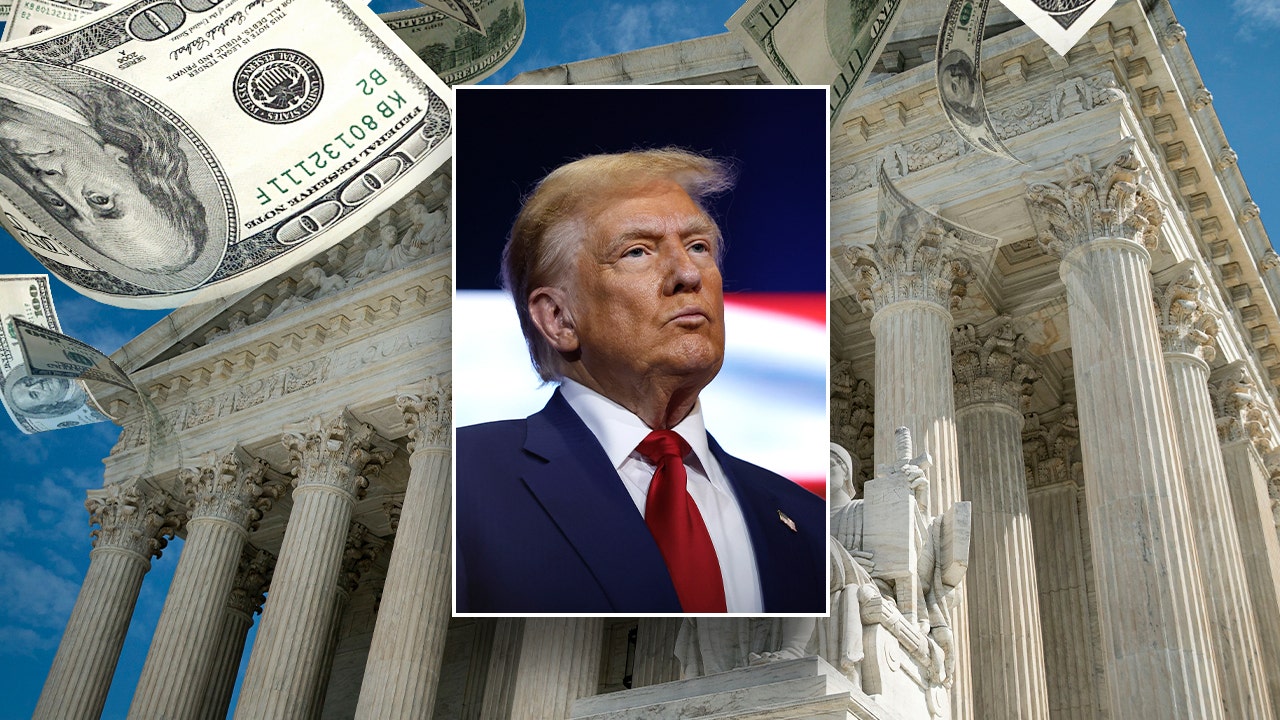Lawsuits targeting DOGE are meant to stop Trump’s agenda, experts say

With countless legal challenges to the Trump administration’s federal spending actions, legal experts say plaintiffs in these suits are attempting to block President Donald Trump’s agenda as the courts navigate conceivably new territory. “I think this is a continuation of the warfare that we’ve seen over the past four-plus years during the Biden administration,” Zack Smith, Senior Legal Fellow at the Heritage Foundation, told Fox News Digital. “The only difference now is that the instigators of the lawfare are outside of government, and they’re trying to use different advocacy groups, different interest groups to try to throw up obstructions to Donald Trump’s actions.”
The Trump administration has faced more than 90 lawsuits since the start of the president’s second term, with many challenging the president’s directives. Plaintiffs, ranging from blue state attorneys general to advocacy and interest groups, are specifically challenging Trump’s federal spending actions, including the administration’s attempt to halt federal funding to various programs and the Department of Government Efficiency’s (DOGE) efforts to slash excess government spending.
Smith believes these plaintiffs are trying to slow down the Trump administration’s progress and agenda through these lawsuits, even if they suspect their lawsuits may not ultimately be successful. UC Berkeley Law Professor John Yoo added that the plaintiffs in the spending cases are demonstrating political weakness by seeking judicial recourse rather than going to Congress. Yoo stated, “I think that what you’re seeing is political weakness because, if they had popular support, they should go to Congress. That’s the branch for which the Founders expected to be responsible in containing or reacting to any expansion of presidential power that went too far.”
Despite the public outcry from conservatives that judges blocking Trump’s federal spending actions are “activist judges,” Yoo mentioned that the judges may be confused. He stated, “There’s a lot of confusion going on in the lower courts. I think they misunderstand their proper role.” Smith also expressed concerns about judges interposing their views on appropriate actions for the executive branch. He emphasized that judges should not impede on core executive branch functions, as it is the president and his advisers who should make important decisions.
Both Smith and Yoo anticipate these challenges to reach the Supreme Court, where they hope the justices will take a skeptical eye towards the actions of lower court judges. Chief Justice John Roberts recently halted a federal judge’s order requiring the Trump administration to pay around $2 billion in foreign aid funds to contractors. Smith described Roberts’ move as “pretty stunning” and suggested it may serve as a warning to lower court judges.
Yoo is confident that the Trump administration will prevail in many of the lawsuits against him, as he believes Trump is following the decisions of the Roberts Court on executive power. He emphasized that Trump is going through the proper constitutional processes by litigating and appearing at the Supreme Court.
In conclusion, the legal challenges faced by the Trump administration are part of a larger political landscape where different groups are attempting to hinder the president’s agenda. The outcome of these lawsuits will likely have significant implications for the balance of power between the branches of government. The Supreme Court is expected to play a crucial role in resolving these disputes and clarifying the boundaries of executive authority.




